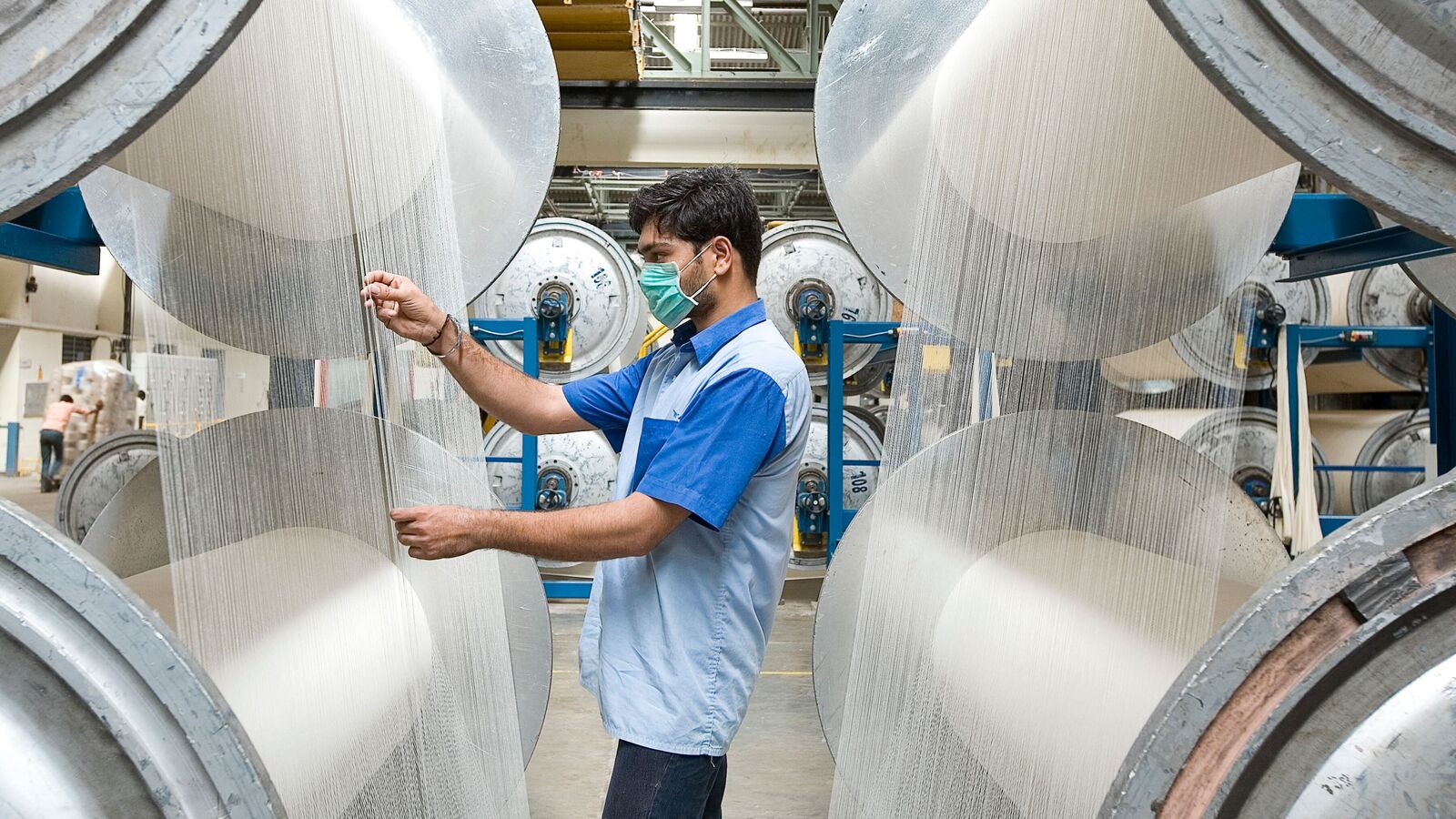The ministry’s partnership with leading software and fashion institutes led to the creation of the all-weather clothing line, which is known as indigenous contained phase change material (PCM)-based activewear.
The “Initiative” aims to offer a variety of solutions to India’s weather patterns.
Two people who are aware of the growth told Mint that” this program aims to provide a flexible option to India’s varying weather patterns, enhancing comfort, and reducing the need for various sets of clothing for various weather conditions and environments.
PCM has found use in numerous areas of professional fabric, including sports, homewear, and safe fabric, they said.
“The PCM- based textiles will be especially useful for army personnel working in extreme weather conditions, from the warm climate of Jammu & Kashmir to the scorching heat of Rajasthan, Telangana, Bihar and various states across the country,” the primary person said.

With a complete job worth of $25.5 crore, this man reported that three jobs focusing on the development and application of PCM under the National Technical Textiles Mission (NTTM) have been approved.
Indian Institutes of Technology, Delhi and Ropar, along with the National Institute of Fashion Technology, Telangana, will work on the job.
“Up, they will create garments to meet the requirements outlined. This modern technology enables garments to regulate temperature properly, offering improved comfort and efficiency”, the next person said.
Perovskites are substances that, generally between solid and liquid states, release or process a lot of power during phase transitions.
Because of these transitions, PCMs are very effective at controlling temperature because they can both absorb and release infrared energy. By incorporating PCMs into clothes, garments may maintain an optimum heat, thus providing heat in cold conditions, and a cooling effect in hot environments.
This technology stands out for its efficiency. PCMs can absorb much more heat with less material than conventional materials, which use more energy and require more volume to store the same amount of energy.
“Incorporating smart fabrics that alter their properties in response to temperature changes can create creative and dynamic designs, giving fashion a futuristic and functional dimension. For example, thermo wear can be designed with sleek, modern aesthetics that appeal to consumers looking for stylish yet functional clothing,” said Devika S Pathak, a professor and department lead for north zone, fashion design department, at Pearl Academy in New Delhi.
“The unique properties of thermal materials can be used to create interesting textures and patterns, adding a new dimension to fashion design,” said Pathak, a specialist in fashion technology.
“This development corresponds to global sustainability objectives.” Another industry expert said, requesting anonymity, that PCM-enabled clothing could help with energy conservation efforts by lowering the energy footprint associated with temperature regulation.
“This is particularly relevant for India, where energy demand is rapidly increasing, and sustainable solutions are crucial for long- term environmental health,” the expert said.
To bring this technology to market, the government should work with industry leaders. Consumers can anticipate a new era of smart clothing that not only preserves their environment but also supports wider efforts to protect the environment, according to Ashok Kumar, a Delhi wholesale trader of ready-made clothing.
3. 6 crore Indians voted us as India’s undisputed platform for the results of the general election in a single day. Explore the most recent updates on this page!

